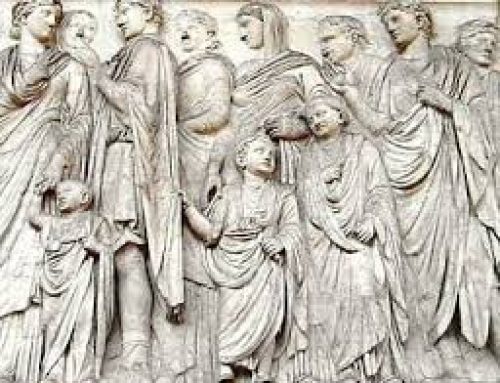
An infinite distance: stars in the sky
Why do we use exponents?
Some numbers are so big that it’s hard to write them in the regular way.
The number line
Who invented numbers?
How we write fractions
All our math articles
Like 1,000,000,000,000,000. It would be hard to count all those zeroes, so instead we just write down how many zeroes there are. That’s easier and faster to read – if you know how.
How do you read exponents?
A 1 with one zero next to it means 1 multiplied by 10, or ten. A 1 with two zeros next to it means 1 x 100, or in exponents 102, or a hundred. And a 1 with three zeros next to it means 1 x 1000, or 103, or a thousand. Ten is ten times bigger than one, and a hundred is ten times bigger than ten, and a thousand is ten times bigger than a hundred.
What are exponents?
For larger numbers, the sequence goes like this:
- 10,000 = 104 = ten thousand
- 100,000 = 105 = a hundred thousand
- 1,000,000 = 106 = a million
- 10,000,000 = 107 = ten million
- 100,000,000 = 108 = a hundred million
- 1,000,000,000 = 109 = a billion
- 1,000,000,000,000 = 1012 = a trillion
- 1,000,000,000,000,000 = 1015 = a quadrillion
Googol and Googolplex
The biggest numbers anyone has named are a googol, which is one with a hundred zeros after it (10100) and a googolplex, which is one with a googol zeros after it (10googol). A googol is so big that it is more than the number of atoms in the universe as far as we can see with telescopes (about 1080).
What is infinity?
Who thought up infinity?
More about the universe
A googolplex would be a lot more than that – there’s no real number of things that comes anywhere near a googolplex. But those aren’t the biggest possible numbers, because you could always say, “a googolplex plus one, a googolplex plus two,” and so on. Numbers are infinite, so you never come to the end of them.
Bibliography and further reading about numbers:




